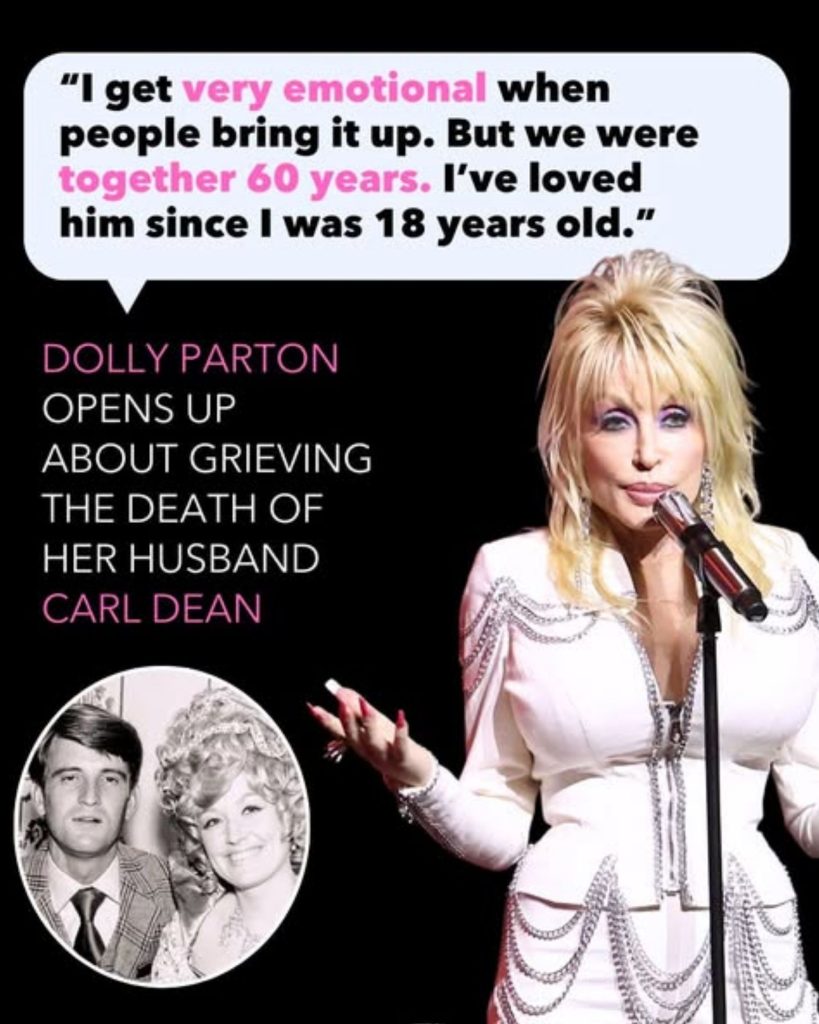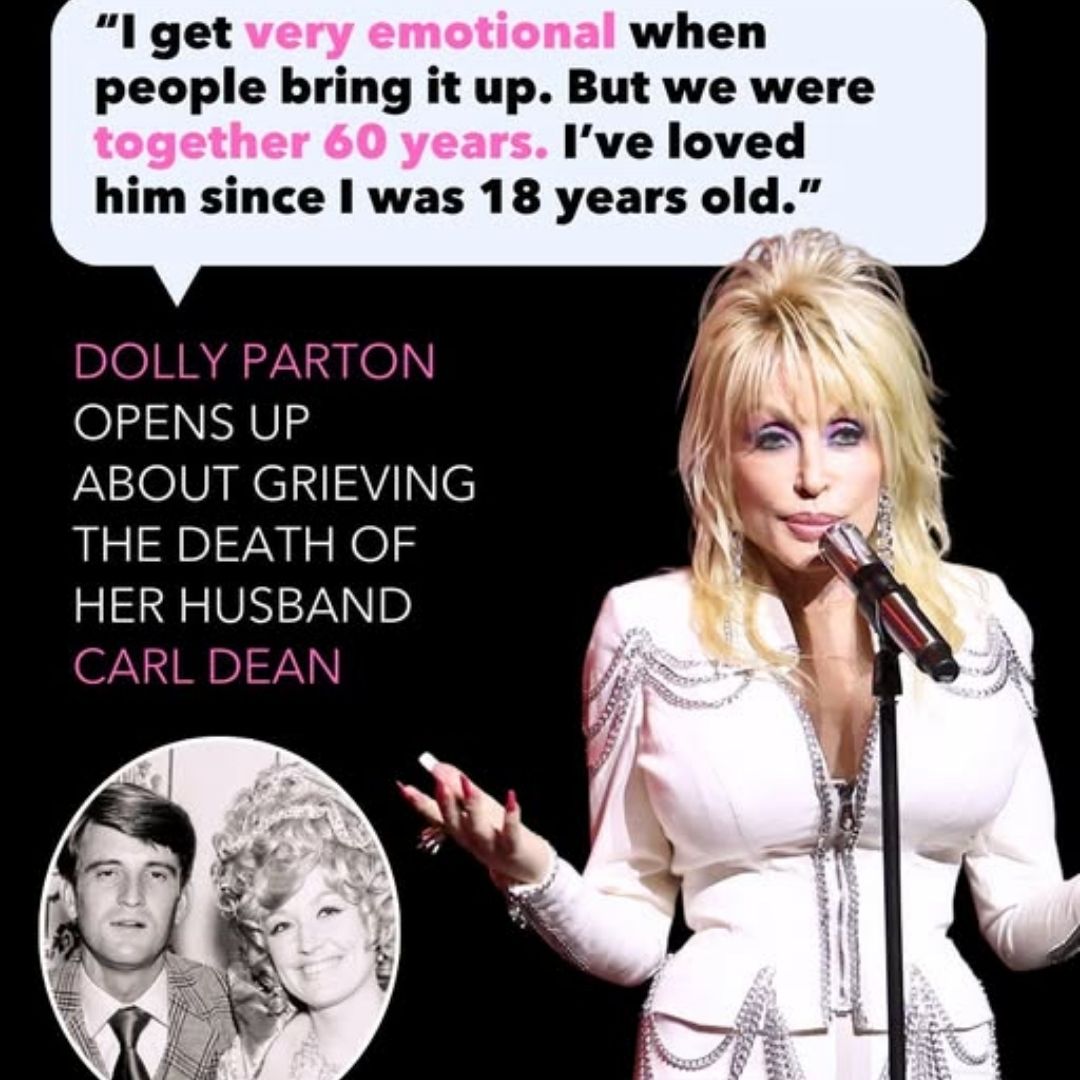
Introduction
In 1992, Whitney Houston’s soaring rendition of I Will Always Love You echoed through radios, movie theaters, and hearts worldwide, thanks to its inclusion in The Bodyguard. But the song’s origins trace back to a quieter, more personal moment in 1973, when Dolly Parton penned it as a farewell to her mentor, Porter Wagoner. As someone who grew up hearing both versions, I’ve always been struck by how a simple country ballad could transform into a global phenomenon, carrying raw emotion across genres and generations. This article dives into the song’s rich history, musical brilliance, and enduring legacy.
About The Composition
- Title: I Will Always Love You
- Composer: Dolly Parton
- Premiere Date: 1974 (Dolly Parton’s original release)
- Album/Opus/Collection: Jolene (album, 1974)
- Genre: Country, later adapted to Pop/Soul
Background
According to [Wikipedia](https://en.wikipedia.org/wiki/I_Will_Always_Love You), Dolly Parton wrote I Will Always Love You in 1973 as she parted ways with Porter Wagoner, her longtime musical partner and mentor. The song was not a romantic love letter but a heartfelt expression of gratitude and bittersweet farewell, reflecting Parton’s decision to pursue her solo career. Recorded for her 1974 album Jolene, it became a No. 1 hit on the Billboard Hot Country Songs chart. Its simplicity and sincerity resonated deeply, earning praise for its emotional authenticity.
In 1992, Whitney Houston’s cover for The Bodyguard soundtrack catapulted the song to global fame. Produced by David Foster, Houston’s version was a bold reinterpretation, transforming Parton’s understated ballad into a powerhouse vocal showcase. The song topped charts worldwide, becoming one of the best-selling singles of all time. Parton herself has praised Houston’s version, noting its universal appeal. The song occupies a unique place in Parton’s repertoire as both a personal milestone and a cultural touchstone.
Musical Style
Parton’s original is a classic country ballad, built on a simple chord progression (primarily A, E, and D) and featuring acoustic guitar, pedal steel, and subtle percussion. Its structure follows a verse-chorus format, with Parton’s warm, conversational delivery emphasizing the song’s intimacy. The melody is straightforward yet haunting, allowing the lyrics to shine.
Houston’s 1992 version, by contrast, is a masterclass in vocal dynamics and production. Arranged in a pop-soul style, it begins with an iconic a cappella opening, showcasing Houston’s pristine tone. The arrangement builds gradually, incorporating lush strings, gospel-inspired backing vocals, and a dramatic key change in the final chorus. The saxophone solo adds a soulful touch, while the production balances restraint and grandeur. Both versions use minimal instrumentation to highlight the melody and lyrics, but Houston’s cover amplifies the emotional stakes, creating a cinematic impact.
Lyrics/Libretto
The lyrics of I Will Always Love You are deceptively simple, expressing love, gratitude, and the courage to let go. Lines like “If I should stay, I would only be in your way” convey selflessness, while the refrain—“I will always love you”—is both a promise and a farewell. In Parton’s version, the lyrics feel like a personal confession, rooted in her real-life experience. Houston’s interpretation imbues them with universal longing, her vocal intensity amplifying themes of sacrifice and enduring love. The interplay between the lyrics’ understated poetry and the music’s emotional crescendos creates a timeless narrative of devotion and departure.
Performance History
Parton’s original topped the country charts in 1974 and again in 1982, when it was re-recorded for The Best Little Whorehouse in Texas. Her live performances, often accompanied by just a guitar, remain deeply moving. Houston’s version dominated the Billboard Hot 100 for 14 weeks and won Grammy Awards for Record of the Year and Best Pop Vocal Performance in 1994. Her live performances, including at the 1994 World Music Awards, showcased her unparalleled vocal control and emotional depth.
Over time, the song has been covered by artists like Linda Ronstadt, LeAnn Rimes, and Adele, each bringing their own spin. Its inclusion in The Bodyguard cemented its status as a pop culture juggernaut, and it remains a staple in talent shows and karaoke bars, a testament to its universal appeal.
Cultural Impact
I Will Always Love You transcends music, becoming a cultural shorthand for heartfelt goodbyes. Houston’s version, tied to The Bodyguard, became inseparable from the film’s romantic drama, influencing how love ballads were crafted in the 1990s. The song has appeared in countless TV shows, movies, and commercials, from Glee to The Voice. Its a cappella opening is instantly recognizable, often parodied but never diminished.
The song also bridges genres, uniting country, pop, and soul audiences. Parton’s songwriting and Houston’s vocal prowess have inspired generations of artists, while its message resonates in contexts beyond romance—think graduations, farewells, or memorials. Its global sales (over 20 million for Houston’s version alone) and countless covers underscore its far-reaching influence.
Legacy
The enduring power of I Will Always Love You lies in its emotional honesty and versatility. Parton’s original remains a cornerstone of country music, while Houston’s cover is a pinnacle of pop vocal performance. Together, they prove that a great song can transcend time, genre, and culture. Today, it continues to move audiences, whether through Parton’s understated storytelling or Houston’s vocal fireworks. Its relevance endures in an era of fleeting trends, reminding us of music’s ability to capture universal truths.
Conclusion
As someone who tears up every time I hear Houston’s voice crack on “I hope life treats you kind,” I believe I Will Always Love You is more than a song—it’s a shared human experience. Its journey from a Tennessee studio to global anthem is a testament to the power of raw emotion and artistic collaboration. I encourage you to listen to both Parton’s 1974 original and Houston’s 1992 cover—perhaps the live version from Whitney Houston: Live in Concert (1994) for the latter. Let the song’s vulnerability and strength wash over you, and discover why it continues to resonate. What’s your favorite version, and why? Share your thoughts, and let’s keep this timeless classic alive.
Video
Lyrics
If I should stay
Well I would only be in your way
And so I’ll go, and yet I know
I’ll think of you each step of the way
And I will always love you
I will always love you
Bitter-sweet memories
That’s all I’m taking with me
Good-bye, please don’t cry
‘Cause we both know that I’m not
What you need
But I will always love you
I will always love you
And I hope life, will treat you kind
And I hope that you have all
That you ever dreamed of
Oh I do wish you joy
And I wish you happiness
But above all this
I wish you love
I love you
I will always love you
I, I will always, always love you
I will always love you
I will always love you
I will always love you
